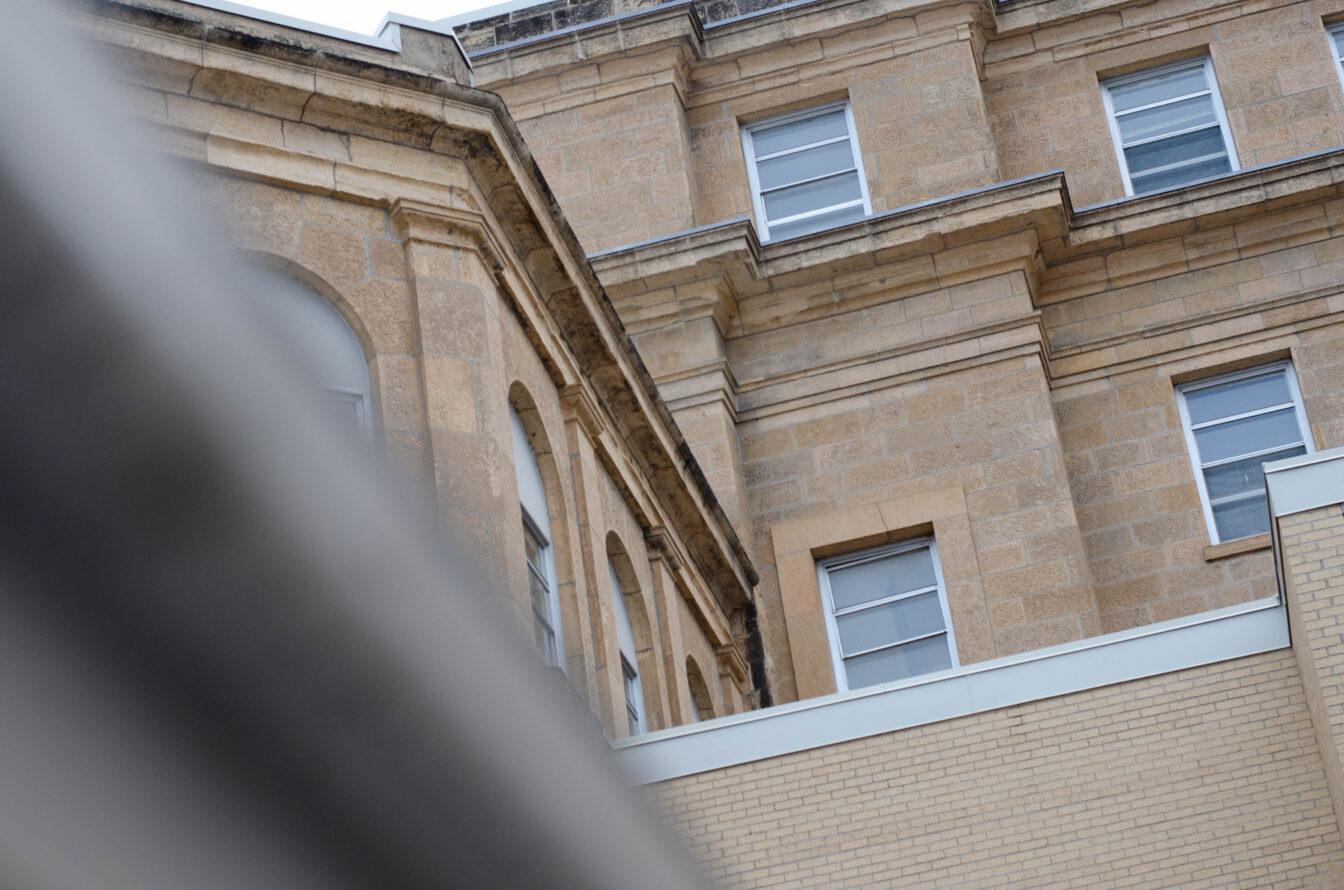The University of Wisconsin recently accepted a $150 million grant from the National Institute of Health to study the neurobiology of Alzheimer’s Disease in collaboration with all Alzheimer’s Disease Research Centers nationwide, according to Spectrum News.
The article claims that the grant — the largest NIH grant in UW history — will fund the Clarity in Alzheimer’s Disease and Related Dementias Research Through Imaging project. With 2,000 subjects enrolled nationwide, this massive project aims to enhance our understanding of dementias like Alzheimer’s Disease, according to the UW School of Medicine and Public Health.
The NIH grant is especially significant in that it will connect the existing Alzheimer’s Research Center Network, which is composed of 37 facilities nationwide, according to Spectrum News. The medical director of the project Dr. Nathaniel Chin told Spectrum News that the study will allow each center to conduct medical imaging and collect blood samples from patients.
This data will unlock a nationwide supply of invaluable data regarding brain-related changes associated with Alzheimer’s Disease. Chin claims this is possibly the first time all 37 centers have voluntarily agreed to participate in a study, opening up opportunities for investigation not only nationally, but also internationally.
Age limits for Wisconsin justices balance responsiveness, experience
A primary focus of the study is Multiple Etiology Dementia — dementia associated with multiple different brain processes or diseases, according to Chin. Uncovering information about different pathologies associated with dementia and learning about the various courses the disease can take in different patients can improve physicians’ understanding and treatment of dementia.
Dr. Sterling Johnson, a principal investigator of the study, told WXOW that biomarkers for diseases that are precursors to dementia — like Parkinson’s Disease and Lewy Body Disease — are nonexistent at this time. The CLARiTI project will develop a better understanding of these precursors that cause dementia in hopes of improving physicians’ understanding of their patients’ diagnoses and the efficacy of the treatments they prescribe.
For UW staff and research faculty, this exciting undertaking will establish the academic institution as a global leader in dementia research. Johnson identified UW’s past breakthroughs in dementia research as the reason why the institution was granted leadership in this unprecedented project, according to 23 WIFR News.
According to the Wisconsin Alzheimer’s Institute, over 50 researchers from UW participated in the 2023 Alzheimer’s Association International Conference just last fall. The faculty played various roles at the conference and gave many research presentations in topics such as cognitive screenings and the links between factors like physical activity and depression with dementia.
It is clear UW’s research faculty is deeply invested in dementia research. The new NIH grant serves as a testament to years of research in dementia at the institution, reflecting positively on the dedication of its medical faculty and researchers.
Luxury apartment complexes threaten local businesses, Madison charm
On a broader scale, the grant solidifies UW’s prominence as a research institution. Indeed, the research institution maintained its ranking in the top 10 research institutions nationwide in November 2023, according to UW News. Being selected as the leader in a milestone project like CLARiTI will surely open more doors for research in both dementia and various other disciplines.
By bolstering UW’s reputation as a research institute, the university is not only participating in transformative breakthroughs, it is also instilling creativity, curiosity and innovation in the next generation of scientists, whether at the undergraduate or graduate level.
According to Forbes, higher education faculty should not only focus on delivering the complex subject matter of their discipline, but also impart their creative, field-based research experiences with their students.
With over eight undergraduate research funding opportunities, UW clearly emphasizes the importance of field-based investigation for undergraduates in various disciplines. The institution’s leadership in extensive national projects like CLARiTi only furthers its dedication to advancing scientific breakthroughs and raising the next generation of curious scientists.
The university’s partnership with the NIH also aligns with its recent mission to invest in STEM education. According to The Cap Times, the Universities of Wisconsin set aside $32 million in 2021 to invest in fields like engineering, nursing and healthcare across the 13 four-year state schools. The goal of this investment proposal was to increase the number of STEM graduates by approximately 9,300 over the next five years, according to The Cap Times.
Wisconsin must expand Medicaid, regulation of prescription drug prices
According to the Universities of Wisconsin President Jay Rothman in a statement to Wisconsin Public Radio, increasing the system’s enrollment in STEM will increase the state’s value in the global economy.
In addition to fueling scientific discovery, this new investment in CLARiTI might also work to further attract students towards degrees in STEM. Moreover, it will help the university build partnerships with institutions across the country, furthering the prominence of UW as an academic and research institution.
In promoting research grants like these, the university places itself at the forefront of scientific breakthrough while teaching its students to adopt a curious and hands-on approach to their education. This grant is not only an exciting opportunity to advance our understanding of Alzheimer’s Disease, but also a moment of pride for UW faculty and students.
Aanika Parikh ([email protected]) is a sophomore studying molecular and cell biology.




















